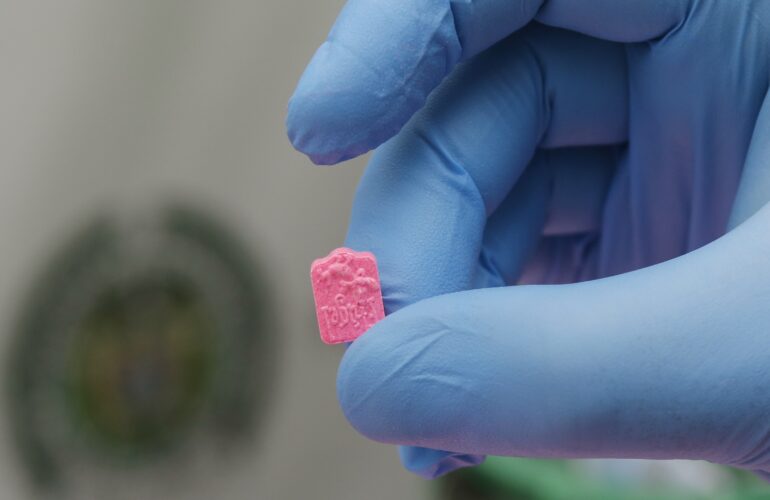A new study by the nonprofit organization Multidisciplinary Association for Psychedelic Studies (MAPS) shows that MDMA, also known as ecstasy or molly, when paired with psychotherapy, can be twice as effective in treating post-traumatic stress disorder (PTSD) as traditional psychotherapy with a placebo.
According to a Nature journal entry, out of 90 participants who suffered from PTSD, those who took MDMA were twice as likely to recover compared to those who did not. If approved by the U.S. Food and Drug Administration (FDA) by October, the drug will be available in hospitals before the second half of next year.
PTSD is a mental health condition triggered by experiencing or witnessing a traumatic event – this affects about 3.5% of adults in the US every year. The American Psychiatric Association estimates that 1 in 11 people will be diagnosed with PTSD in their lifetime, and women are twice as likely to have it as men. Ethnic groups such as U.S. Latinos, black and Native Americans/Alaska Natives have higher rates of PTSD.
Traditionally, doctors have treated PTSD using psychotherapy and medications such as antidepressants, anti-anxiety medications or prazosin. However, these drugs are not extremely effective for patients with severe PTSD and can result in a short-lived help.
MDMA is thought to dampen the flight-or-fight response, allowing patients to confront their trauma. Unlike PTSD therapies asking patients to recount a traumatizing event, potentially re-traumatizing them, MDMA is believed to bring out positive emotions and allow patients to make connections they may not have otherwise encountered.
In February, Australia approved the use of MDMA as a treatment for PTSD, although it will be highly restricted. The shift toward psychedelic therapy is expected to open the door for more therapeutic psychedelics to be used in the future, such as ketamine, ayahuasca, LSD, and psilocybin—the active ingredient in “magic” mushrooms.
MAPS has completed a larger second trial with positive results, and the study will be published in the upcoming months. After publication, MAPS will ask the FDA for approval, and scientists believe that the approval process will be smooth.


















Add comment